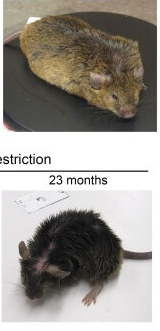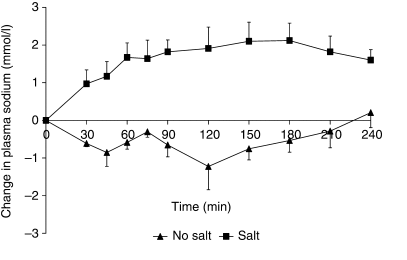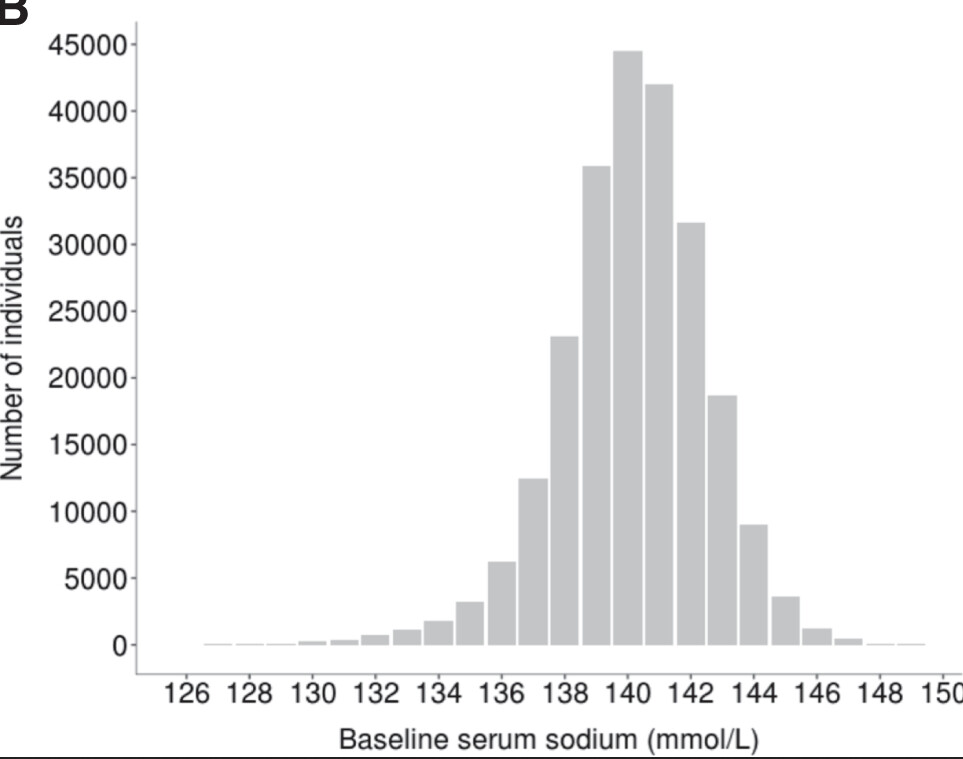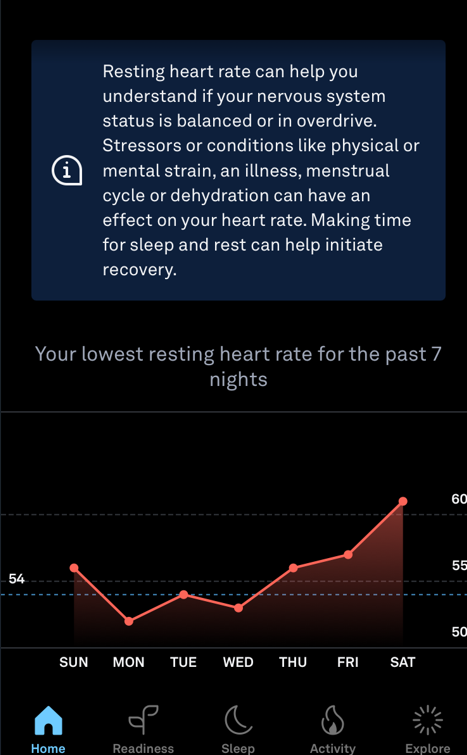I have been reading a bit from the user wild_vegan on reddit. He seems to have been on a low sodium diet for many years. He targets the WHO minimum of 500 mg but he does so by eating vegetables, if he goes below it it doesn’t matter to him because of the Yanomani eating 100 mg a day. If he doesn’t have access to vegetables or he exercises a lot he adds some salt, but he says he notices if he is deficient as he has extreme salt and sour cravings or his sweat doesn’t taste salt (like one time with intense exercise in the mountains). Acids like lemon juice and vinegar depolarize the sodium taste buds on tongue so they’re a good replacement as well, salt taste can’t be replaced but one gets used to lower quantities. Lots of sodium lost in sweat is a post-hoc fallacy.
It’s not an RDA, it’s a Daily Reference Intake. The American Heart Association recommends ideally less than 1500 or 1200 for people with problems. The WHO recommends 500 as a “safe lower bound” that covers people who exercise. The Yanomami Indians in Brazil consume around 250 mg with no ill effects, and it’s hot down there, they sweat. True physiological need was estimated to be around 125. There is a monograph on sodium by the WHO health organization if you want to look it up. It can’t possibly be true that we need to eat mineral salt as long as we consume adequate vegetation. It’s not true for any other mineral, unless there’s a dietary deficiency.
I’ve gone very long periods of time. I’ve trained for a 50k on a no-salt diet. “Years” doesn’t matter because excess sodium will be dumped much sooner than that. I don’t know if you’re familiar with Kempner and his studies of sodium restriction in hypertensives before there was any anti-hypertensive medication (the “rice diet”) but it took maybe 3 months for people to really bottom out their BPs. That was probably without exercise. Sweating will drop your BP faster, but your body will adjust the salinity of your sweat so it’s a myth that people who sweat a lot need a lot of salt–they are making a post-hoc fallacy.
Anyway, the signs and symptoms of a true sodium deficiency are intense cravings for salt and sour foods (they depolarize the sodium taste buds on your tongue). Your water throughput (i.e. thirst & urination) could also get weird in the context of exercise. The only time this has happened to me was when I was weaning off lisinopril, and when I was training for that 50k. My sweat had no discernible salty taste at all, I didn’t get thirsty for a long time during a run, and lemon juice was like manna from heaven. In both cases I just increased my intake.
Recently, I’m actually having a bit of a problem. I’m intermittent fasting and on a lower-carb diet, which are known to have a natriuretic effect (insulin prevents sodium loss by independently acting in the kidneys, according to a recent theory. That’s why all those keto people need to eat shitloads of salt to feel OK.) So if you’re fasting you might want to supplement. But I’m a little worried I won’t be able to get down to no salt due to long COVID. Lately, I’ve felt a little brain fogged and prone to migraines when not adding a salt packet (200 mgs) to each meal. It could just be an adjustment period, though. I have some other problems that seem to be the result of COVID, although they are slowly going away.
Anyway, if you’re healthy and don’t have SIADHS or POTS (which… is salt really the answer?), and aren’t on an extreme exercise routine, there aren’t going to be any negative effects. I’d recommend reducing your intake somewhat slowly. If you’re reducing for BP, keep in mind the above, that it can take a couple of months to see the biggest reduction. Usually the best effects have really started for me when the salinity of my sweat was noticeably reduced. When that happens, you will also be able to have a “cheat” every once in a while, like a restaurant meal, without seriously spiking your BP, because your body will have space to shunt the sodium into for excretion.
The only time I’ve ever had an issue reducing sodium is now, after COVID. It could be my imagination and a third variable, though, like fasting or stress. There’s no serious danger of hyponatremia, which is usually caused by excess fluid consumption, especially in the context of exercise + SIADHS. Just drink when you’re thirsty and you’ll be fine.
Running or hiking up to 10-11 miles say 3 times a week was just fine, the only time it really became an issue was with high-mileage days. In that case you will want to allow some processed food like unsalted pretzels (assuming they contain sodium), dried apples, clif bars or what not. Those will usually contain enough sodium to supplement your intake. Keep in mind that sodium & water balance is hormonally controlled, so it’s all relative. If you take in 500 mg a day from food, you don’t suddenly need 2000 today just because you’re going for a run. You’ll find that the salinity of your sweat is an excellent proxy for sodium balance. A couple of days of eating veggies with no exercise will make my sweat salty again even if I’m just getting 500 mg. YMMV. Do it gradually and you’ll be fine.
Trying to decrease water intake deliberately doesn’t make any sense to me since the body will just ramp up urine production if it’s too much. Only problem is when the body can’t keep up with that because of drugs, kidney problems, or simply drinking abnormal amounts of water in too short of a period.



